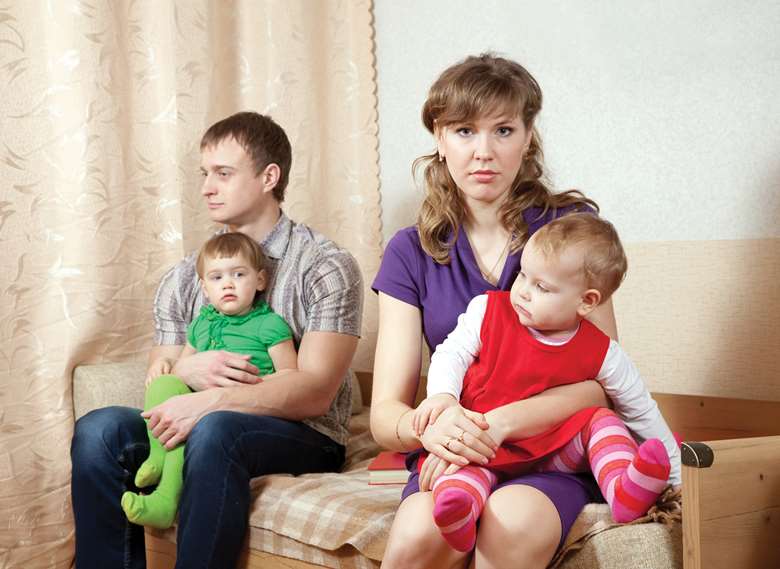Childcare costs rise seven times faster than income
Joe Lepper
Friday, October 20, 2017
Childcare costs have increased up to seven times faster than wages in some areas since 2008, analysis by the Trades Union Congress (TUC) has revealed.

The worst affected areas are London, where childcare costs rose 7.4 times faster than wages in the eight years to 2016, and the East Midlands, where costs have risen 7.1 times quicker than wages over the same period.
The 950,000 parents of children under the age of two are among the hardest hit, according to the TUC's analysis. Childcare costs for this group of parents have risen by 49 per cent between 2008 and 2016, around four times the 12 per cent average increase in wages they have had over the same period. However, they are not benefitting from free childcare entitlements.
An entitlement to 15 hours free childcare hours for low-income families does not kick in until their child is two years old and the government's roll-out in September of free 30 hours of childcare applies to only three- and four-year-olds.
Single parents are also being hit hard by childcare inflation, according to the TUC research, which reveals that a single parent who works full time and has a one-year-old in nursery for 21 hours a week spent more than a fifth (21 per cent) of their wages on childcare in 2016. This is up from around a sixth (17 per cent) in 2008.
The proportion of wages spent on childcare for a single parent working full time with a one-year-old in nursery for 40 hours a week was 40 per cent in 2016, up eight per cent on the 2008 figure.
"The cost of childcare is spiralling, but wages aren't keeping pace. Parents are spending more and more of their salaries on childcare, and the picture is even worse for single parents," said TUC general secretary Frances O'Grady.
"Nearly a million working parents with one-year-old children have eye-watering childcare bills. There is a real gap in childcare support for one-year-olds until government assistance kicks in at age two."
The TUC is calling on the government to ramp up early years investment by offering universal free childcare from the end of maternity leave or shared parental leave.
"Parents need subsidised, affordable childcare from as soon as maternity leave finishes to enable them to continue working, and so mums don't continue to have to make that choice between having a family and a career," O'Grady added.
Purnima Tanuka, chief executive of the National Day Nurseries Association, said government underfunding of 30 hours free childcare is making the situation worse as nurseries are being forced to increase fees for younger children to meet shortfalls.
"These statistics which make shocking reading are the result of the government's policy to extend free childcare for three- and four-year-olds to 30 hours without adequate investment," she said.
"Our latest research showed that 83 per cent of nurseries were putting up their fees this year by an average of 4.5 per cent.
"NDNA has been warning the government that because this policy has been woefully underfunded for years, nurseries have had to push up their fees year on year to parents with children aged two and under.
"The average hourly rate paid to nurseries for delivering 30 hours funded childcare is £4.37 - and many local authorities pay even less than £4 per hour."
Susanna Kalitowski, policy and research manager at the Professional Association for Childcare and Early Years, said unless the government early years funding improves, parents of younger children will continue to face rising costs.
"Childcare providers are acutely aware of how much parents struggle with childcare costs, and raising fees is usually a last resort," she said.
"They have now been forced into the unenviable position of raising the cost of caring for babies and toddlers or charging parents of three- and four-year-olds for meals and trips. Either way, it is hard to see how childcare costs will go down."
Neil Leitch, chief executive of the Pre-School Learning Alliance, added: "The TUC is completely right to call on the government to increased childcare funding and, of course, the private and voluntary sector is absolutely vital to this. Ultimately, unless the government invests what is needed into the early years sector, it is those working families it has promised to support who will end up paying the price."
Earlier this week, it emerged that more than 20,000 eligible parents are yet to claim their free 30 hours childcare entitlement.
The Department for Education has been contacted for comment.




